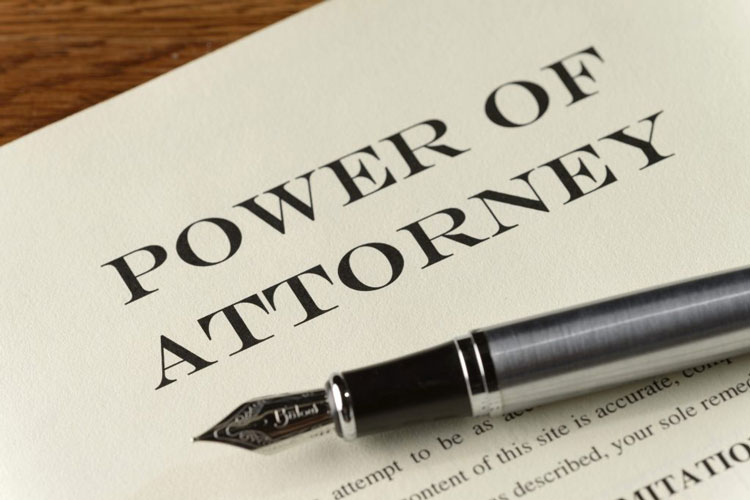
An enduring power of attorney authorises another person chosen by you to make decisions for you on legal and financial matters. You give that person full authority to act on your behalf. An enduring power of attorney is that it remains valid even if you become mentally incompetent.
You can limit the powers that you give to your attorney in the document. You can also limit it in time, and it can be revoked at any time, provided that you are mentally competent to do so.
You can appoint one or more persons. If you choose more than one attorney, you must decide whether they can act ‘jointly’ or ‘severally’. Jointly means that they must act together. Severally means that each attorney can make decisions by themselves and bind all other appointed attorneys. There are no set rules on whom you can appoint.
Unlike a general power of attorney, an enduring power must be witnessed by a solicitor, barrister or the registrar of the local court. In each case the witness must not work for, or have any close connection with, the person appointed as the attorney.
The power of attorney lasts until:
• You die
• You cancel it (and you have to be mentally competent to do this) by tearing it up and notifying the attorney that it is cancelled
• You become bankrupt
• A court cancels it
This is a complex legal field. If we at Matthews Williams can help you on any legal matter, feel free to call us.
By Mark Olson